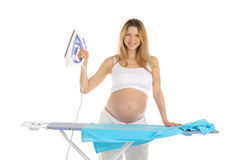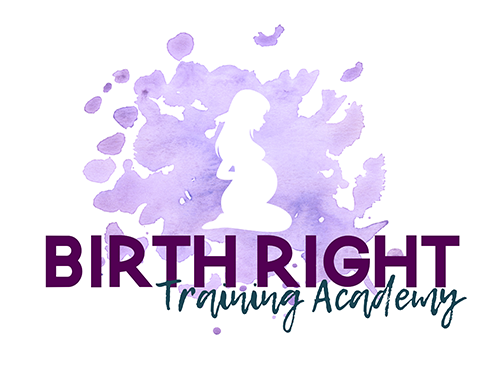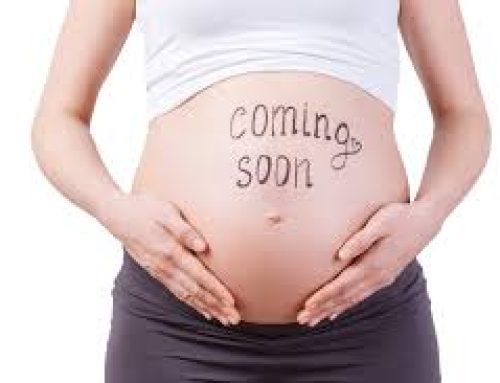 Iron is a component of the haemoglobin molecule in our red blood cells and is responsible for the transport of oxygen from the lungs to the body’s tissues & the transport of carbon dioxide from the tissues to the lungs. It is also a component of several important enzymes responsible for energy production & metabolism including DNA synthesis.
Iron is a component of the haemoglobin molecule in our red blood cells and is responsible for the transport of oxygen from the lungs to the body’s tissues & the transport of carbon dioxide from the tissues to the lungs. It is also a component of several important enzymes responsible for energy production & metabolism including DNA synthesis.
Iron deficiency can lead to anaemia, excessive menstrual blood loss, learning disabilities, impaired immune function and decreased energy levels.
Iron deficiency is the most common cause of anaemia; however, anaemia is the last stage of iron deficiency. Anaemia occurs when the blood is deficient in red blood cells or haemoglobin. This can result in extreme fatigue because there is a lack of oxygen reaching the tissues.
Deficiency may be due to an increased iron requirement (such as pregnancy), inadequate dietary intake (particularly vegetarians or those eating too much ‘junk’ food), diminished iron absorption or utilisation (decreased hydrochloric acid secretion in stomach, chronic diarrhoea or malabsorption, antacid use commonly prescribed in pregnancy for reflux), blood loss or a combination of all of the above.
There are usually routine blood tests early in pregnancy & again at 28-30 weeks to test for iron levels. Serum ferritin is the best indicator of iron stores in the body. Often your midwife/GP/obstetrician will talk about haemoglobin & ferritin when discussing your results. The levels of both of these will determine the best iron supplement for you.
There are 2 forms of dietary iron:
‘Heme’or organic iron is bound to haemoglobin and myoglobin found in animal products & is most efficiently absorbed.
‘Nonheme’ or inorganic iron is found in plant foods & is poorly absorbed in comparison. Many iron supplements contain inorganic iron with ‘ferrous’ or ‘ferric’ forms which are poorly absorbed. Ferrous sulphate has less than 2% absorption! These forms are often associated with constipation too the last thing you want when you are pregnant!
If you have low ferritin or haemoglobin it is so important to get your supplements or dietary advice from a qualified health professional. They will know what form of iron to prescribe, as well as advising you when to take it as it can affect the absorption of other nutrients (especially zinc which is THE most important nutrient in pregnancy).
Jane is a qualified Herbalist, Nutritionist and Iridology practitioner with over ten years experience in clinical practice. Jane is passionate about preconception and pregnancy care and empowering women to explore the choices available in the way they birth. Having completed her own extensive preconception care program(twice!), Jane has had two healthy, trouble-free pregnancies and natural home births. Her son Thomas is 5 years old & daughter Charlie is 2 both are happy & healthy. Having experienced such wonderful pregnancies and labours, Jane is enthusiastic about helping other women have a similar experience. For more information on Jane’s services please see the Birth Right website.




